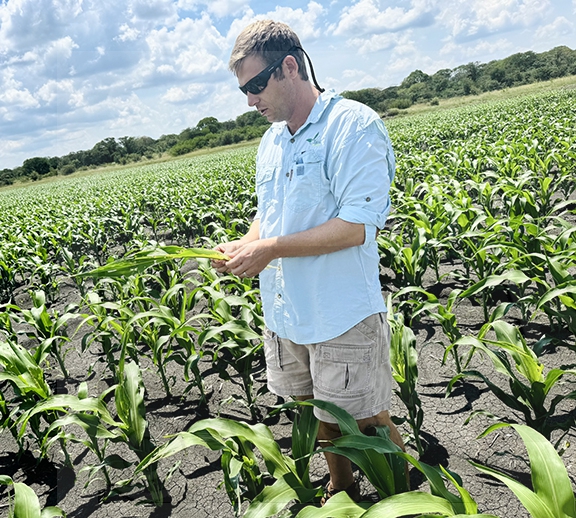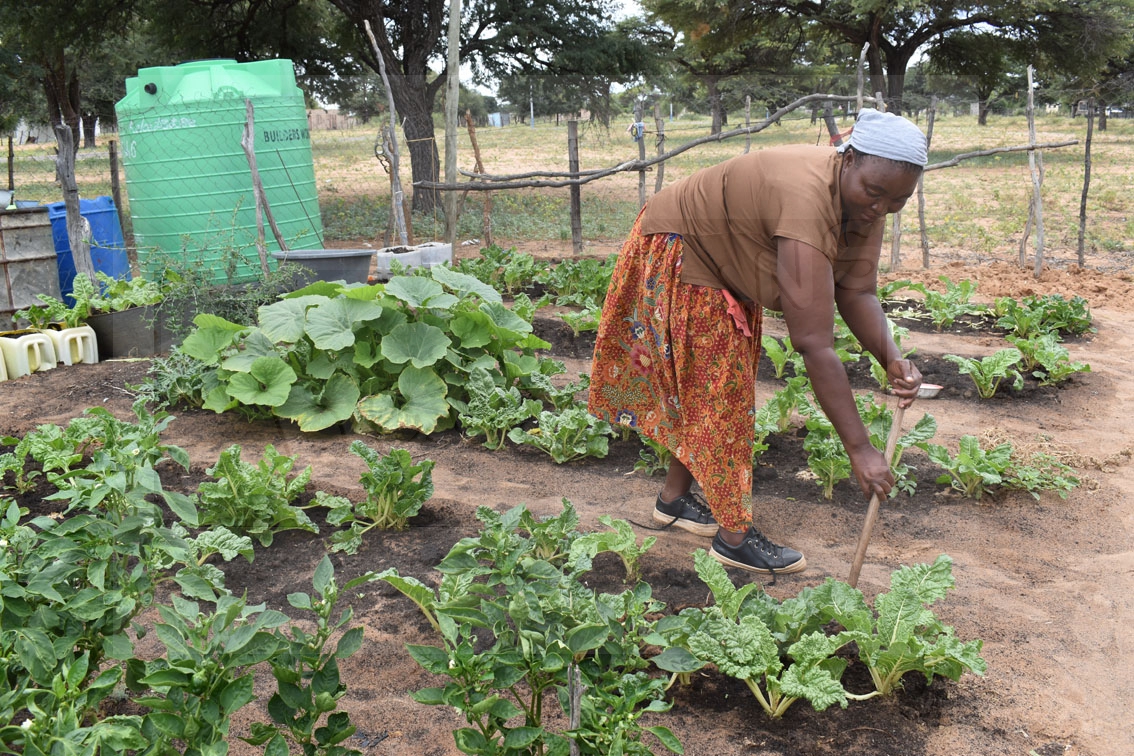LEA financial woes delay factory shells impede SMME growth
03 Aug 2025
The Local Enterprise Authority (LEA) is facing significant financial challenges, which are causing delays in the establishment of factory shells and incubators nationwide, ultimately hindering the growth of Small and Medium-sized Enterprises (SMMEs) and stunting economic development.
According to Chapter 4, Subsection (M) of the Small Business Act, LEA is mandated to coordinate and facilitate the necessary infrastructure and facilities for SMMEs.
This includes provision for factory shells, workspaces, serviced land, and utilities, in partnership with local authorities, parastatals, the private sector, and the government.
However, this objective remains largely unaccomplished.
In an interview with BOPA recently, LEA acting CEO, Mr Godfrey Molefe, acknowledged that since 2020, the annual subvention intended to cover operational and capital expenditures had been on a decline.
He said despite the expectation for SMMEs to contribute positively to the GDP and employment, many local enterprises still struggled to produce export-ready quality products.
He emphasised the necessity of boosting the country’s export capacity to balance payments against imports, claiming that factory shells and incubators were vital components of this capacity development plan.
He explained that the factory shell and incubator model was designed not only to provide working space for clients, but also to facilitate custom on-site business growth interventions, ensuring that support for SMMEs was accessible and efficient.
LEA offers a comprehensive three-year capacity development programme for all incubatees, enabling them to build sustainable businesses that can withstand challenges and meet Quality Management Standards (QMS) necessary for exports.
Mr Molefe stressed the importance of cultivating these standards from the early stages of business planning, noting that, despite their costs, attaining QMS certification was crucial for export-oriented businesses, which required a designated workspace for certification.
Currently, LEA struggles with insufficient designated budget allocations for developing factory shells and incubators, extracting necessary funds from its dwindling subvention.
In the fiscal year 2025/26, the authority received a subvention of P146 million, a significant decrease from the P184 million allocated in 2019/20.
These budget cuts have severely impacted LEA’s ability to acquire, improve, and maintain the infrastructures vital for fostering SME growth.
Mr Molefe highlighted several planned projects that remained unfulfilled, including the Okwa Small Stock Incubator in Ghanzi, Light Industrial Manufacturing Factory Shells in Kanye, Textile Incubator in Bokaa, Selebi Phikwe Market Stalls, and the Glenn Valley Horticultural Incubator, which suffered flood damage earlier this year.
All developments related to these initiatives have stalled due to budgetary limitations.
He noted that many of these facilities could have been completed within three years of inception, but delays persisted, especially for projects initiated in 2019, which remained unfinished primarily due to inadequate funding.
Furthermore, Mr Molefe pointed out that LEA continued to face challenges in meeting its infrastructure mandates due to competing demands on its budget, particularly highlighting the Chema Chema programme, launched last year.
This initiative, while aimed at providing loans to SMMEs, placed an additional financial burden on LEA to cover administration costs, forcing the authority to allocate P23 million from an already stretched budget.
Mr Molefe mentioned that only a handful of incubators, such as the Pilane, Kutla General Incubator, Gaborone Leather Works and Francistown Industrial Business Incubator, were currently operational, further indicating the pressing need to address the funding challenges faced by LEA to foster conducive environments for SMME growth. ENDS
Source : BOPA
Author : Marvin Motlhabane
Location : KANYE
Event : Interview
Date : 03 Aug 2025






